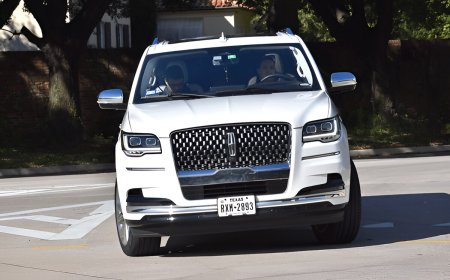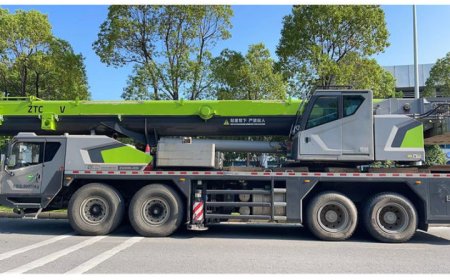Understanding No-Fault Car Insurance in Pennsylvania
Confused about no-fault insurance in Pennsylvania? Learn how it works, what it covers, and how to choose between Limited and Full Tort options for your auto policy.
If you've recently moved to Pennsylvania or are just brushing up on your car insurance knowledge, you've likely come across the term "no-fault insurance." While this system aims to simplify accident claims and reduce litigation, it can also be confusingespecially if you're used to traditional at-fault coverage models.
In this post, well break down exactly how no-fault auto insurance in PA works, what it covers, and what it means for drivers like you in the Keystone State.
What Is No-Fault Auto Insurance?
No-fault insurance means that after a car accident, your own insurance pays for your medical expenses, regardless of who was at fault. This system is designed to:
-
Speed up claims processing
-
Reduce lawsuits for minor injuries
-
Ensure drivers receive immediate medical care
In Pennsylvania, the no-fault system primarily applies to medical costs through a policy feature known as First-Party Benefits (FPB) or Personal Injury Protection (PIP).
What Does No-Fault Insurance Cover in Pennsylvania?

Under Pennsylvanias no-fault law, all auto policies must include first-party medical benefits, which help pay for:
-
Medical treatment
-
Hospital stays
-
Rehabilitation services
-
Funeral expenses (if applicable)
By default, policies include $5,000 in medical coverage, though drivers can purchase higher limits for added protection.
Keep in mind: Property damage and liability claims still follow an at-fault system in PA. If you're found responsible for causing an accident, your liability insurance will pay for the other drivers vehicle damage or injuries beyond their PIP coverage.
Pennsylvania's "Choice No-Fault" System
Heres where PA stands out: it's one of the few "choice no-fault" states.
When purchasing a policy, you must choose between:
-
Limited Tort: You accept the no-fault system and give up the right to sue the at-fault driver for pain and suffering unless the injuries are considered "serious." This option usually results in lower premiums.
-
Full Tort: You retain the right to sue for pain and suffering, even for minor injuries, but you'll pay more for coverage.
This choice significantly affects your ability to recover damages and should be considered carefully. Many no-fault auto insurance PA buyers choose Limited Tort to save on premiums, not realizing its limitations until after an accident.
Claim Process Under No-Fault
If you're injured in a crash:
-
File a claim with your own insurer under your first-party benefits.
-
Your insurer pays your medical bills up to your PIP limit.
-
If your injuries are serious and you're not at fault, you may seek compensation from the at-fault driver's liability insurance (especially under Full Tort).
This system can reduce legal disputes but may limit compensation in minor cases.
Why It Matters for Pittsburgh Drivers
In urban areas like Pittsburgh, where traffic congestion increases accident risk, no-fault coverage offers faster access to medical payments. But drivers should still:
-
Review their first-party benefits limit$5,000 may not be enough after a serious crash
-
Choose between Limited Tort and Full Tort based on personal risk tolerance
-
Understand that property damage claims still depend on fault
Even with no-fault provisions, having adequate bodily injury liability and uninsured/underinsured motorist coverage is crucial.
No-Fault vs. At-Fault: Quick Comparison
| Feature | No-Fault (PA PIP) | At-Fault (Traditional) |
|---|---|---|
| Who pays for medical bills? | Your insurer, regardless of fault | The at-fault partys insurer |
| Can you sue for pain/suffering? | Only under Full Tort (or serious injury) | Yes, with fewer restrictions |
| Speed of compensation | Generally faster | Often delayed due to investigations |
Final Thoughts
Understanding how no-fault auto insurance in PA works is essential to protecting your health, finances, and legal rights. While it streamlines medical claims, it also comes with limitationsespecially if youve chosen Limited Tort without realizing the long-term consequences.
When buying or renewing your car insurance in Pennsylvania, take the time to understand your options. Review your first-party benefits, tort selection, and coverage limits. A little preparation now can make a huge difference after a crash.







































